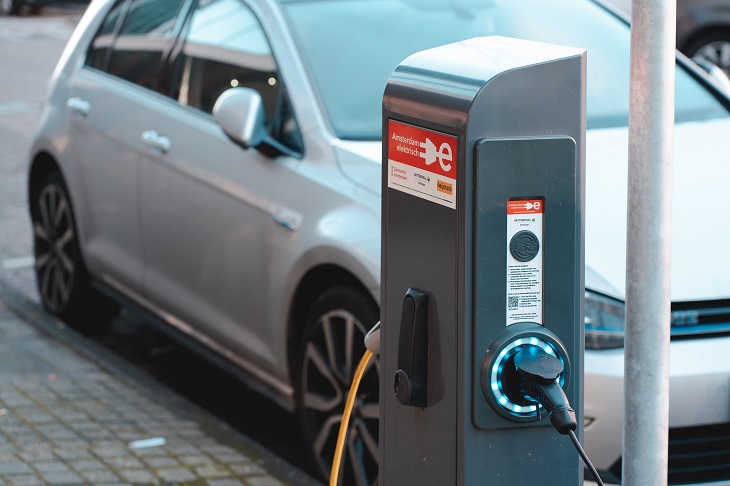Electric cars are surging in popularity because of all the benefits they offer. Aside from the fact that drivers no longer have to pay for gas, electric vehicles are much cleaner for the environment and can cut a person’s carbon footprint significantly.
When it comes to disabled drivers, it may be hard to determine what electric car if any will be good enough to accommodate their needs. There are specific types of electric cars that are more suitable than others, such as the Toyota Prius or the Volkswagen e-Golf. These types of vehicles offer more than enough features for those with disabilities, such as being easier to drive when it comes to handling, ample room and storage space, and having higher safety ratings than traditional gasoline-powered vehicles. But how can disabled EV drivers make the most out of their vehicle?

Electric vehicles for disabled drivers
Choosing the right electric car is the first step in getting environmentally friendly on the road with a disability. One of the biggest benefits of electric vehicles for disabled drivers is that they are all automatic. There is no clutch or gears to deal with, and that makes it a seamless transition from an automatic gas-powered vehicle.
Many electric cars are also being made similar to their gas-powered counterparts when it comes to size and storage capabilities. This means that any modifications a person may need to make to their car could easily be done with a new electric vehicle.
For those who require more space, electric vehicles such as the Kia Soul EV and the Nissan E-NV200 Combi are great options to choose from. The Nissan E-NV200 Combi can be ordered with seven seats that are fully folding. This provides ample room for those who may need to bring along their wheelchair or other large cargo.
Handicap EV parking
The demand for electric vehicle parking has been growing exponentially in the last few years because of the rise of the use of electric cars. As more and more people are purchasing these environmentally friendly vehicles, more places are having to fill the demand for electric vehicle parking stations.
One discrepancy in those spaces, though, is accessible EV parking stations. In many places in the United States, electric vehicle charging stations have been made accessible for those with disabilities.
According to a report by the International Parking and Mobility Institute, there are no national standard when it comes to electric vehicle parking spots and charging stations for those with disabilities. There are, however, some guidelines:
- Accessible spaces at EV charging stations don’t count towards the parking facility minimum
- Charging stations are required to have space allotted for a person in a wheelchair
- Typical ADA reach range and turning radius requirements are the standard for accessing the equipment
- EV charging spots should be created in the same way as other ADA parking spaces
These guidelines are there to ensure that those with disabilities can have easy access to charging stations wherever they are.

Getting the most out of your electric vehicle
To get the most out of your electric vehicle, you will want to utilize all the perks it has to offer. For example, if you use your car for daily driving, it may be a good idea to ensure that you charge the battery at your home base charger. This will keep you from needing to find an accessible spot while out and about.
Electric vehicles are also cheaper on costs, as mentioned above. This can make your life easier because you can say goodbye to the gas pumps and certain regular maintenance costs that come with traditional cars. By switching to an electric vehicle, you could save thousands of dollars per year, which can allow you to live more freely with your disability, financially speaking. It may also free up some cash to help add more modifications to your vehicle if you need or want them.
Driving an electric vehicle isn’t just good for people with disabilities – everyone could benefit from driving a more environmentally friendly vehicle. However, those with disabilities can particularly enjoy the smoother rise, easier handling, lower costs, and ease of charging when they buy an electric vehicle.
Featured image by Andrew Roberts on Unsplash